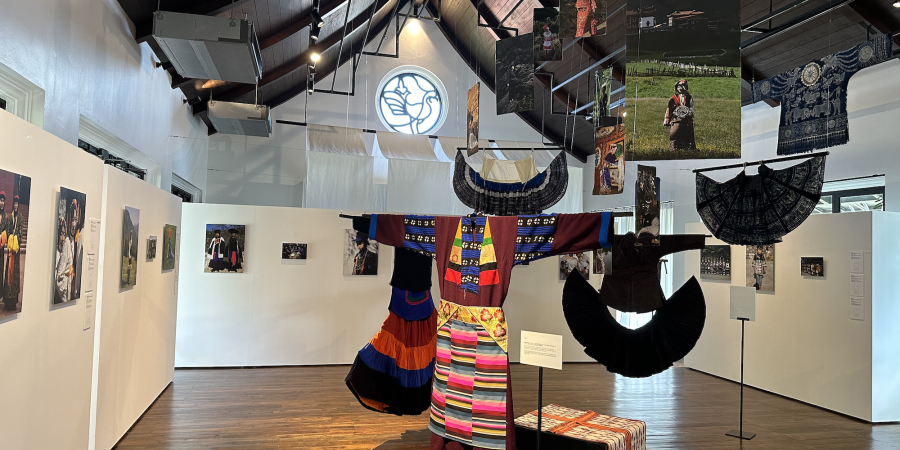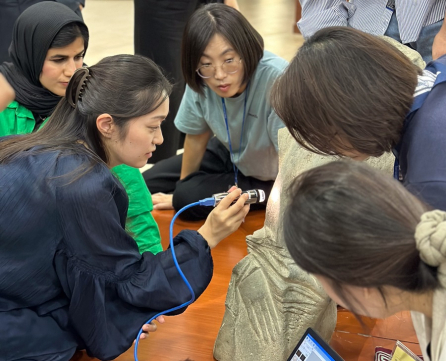Organizers:
Why
The CollAsia 2024 course, "Connecting Collections with Museum Spaces and Contexts," is dedicated to integrating traditional knowledge with scientific principles of conservation to foster sustainable practices in collection care and museum management. Understanding the underlying principles of alteration and deterioration, and recognizing the cause-and-effect relationships at the level of individual objects, their housing environments, and the broader architectural, symbolic, and urban contexts, is crucial for making informed conservation decisions. This comprehensive approach ensures that conservation practices are contextually grounded, taking into account the diverse factors that influence the preservation and care of heritage collections in today's ever-changing world.
What
Participants in this course will:
Explore the basic principles of collections care, including observation, documentation, and diagnosis.
Understand the levels of enclosure, interaction, and deterioration phenomena (chemical, biological, physical) affecting heritage collections, from the individual object to the broader environment.
Engage in critical discussions, practical exercises, and study visits that emphasize the connection between collections care and museum spaces and cultural context.
Explore sustainable practices by incorporating traditional crafts, local production methods, and the use of locally available materials into conservation strategies.
How
This three-week course will feature a combination of highly interactive lectures, practical sessions, group work, hands-on exercises, and study visits. The interdisciplinary and multicultural course team will foster an environment conducive to effective communication and collaboration. Participants will also have the opportunity to present case studies from their institutions or professional experiences, as well as share insights from their countries
Who Should Apply?
The course is open to up to 20 participants, with 16 spots reserved for professionals from the Asia-Pacific region and 4 from other regions. Eligible participants should have at least three years of experience working with heritage collections, including roles such as collection managers, curators, conservators, archaeologists, or other professionals involved in collection or museum management.
Fees and Scholarships
Selected candidates will not be required to pay any course fees. Scholarships will be available, provided for professionals from the Asia-Pacific region and by ICCROM for professionals from other regions. These scholarships will cover round-trip travel, accommodation, and meals in Chiang Mai during the course. Priority will be given to selected candidates from ICCROM Member States.
To apply
Interested candidates are encouraged to apply by completing the course application form.
In order to finalize your application, the following digital files will be required when completing the online form:
- Portrait photo (allowed formats: pdf doc docx jpg jpeg png tif tiff with a maximum file size of 5 MB)
- Official endorsement (allowed formats: pdf doc docx jpg jpeg png tif tiff with a maximum file size of 5 MB)
- Curriculum Vitae (allowed formats: pdf doc docx with a maximum file size of 5 MB)
- A brief report (approximately 500 words) answering the question: “How does an integrated approach combining traditional knowledge and scientific principles benefit the understanding of objects, museum spaces, and cultural contexts?" (Allowed formats: pdf doc docx with a maximum file size of 5 MB)


